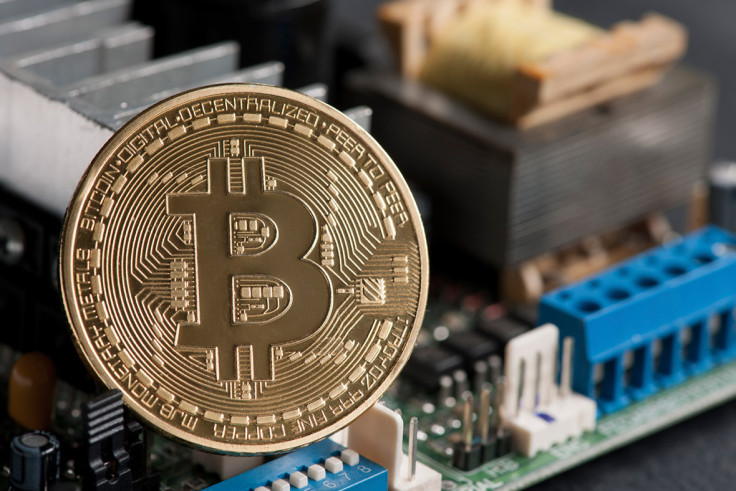Warning: Bitcoin network disruption imminent as cryptocurrency splits
Bitcoin users are warned to stop accepting payments at least a day before 1 August to prevent losses.

The bitcoin network will be experiencing potential disruption at the end of July as the cryptocurrency goes through a "user activated soft fork", whereby miners on the bitcoin blockchain will have to decide whether they want to support a new technology or not.
After 1am BST on 1 August, it is likely that bitcoin confirmation scores will become unreliable, meaning that if you send and receive bitcoins on the network, the transactions may not show up in your wallet, or show up as a type of bitcoin that other users will not be able to accept as payment.
Bitcoin.org, a community site started by Satoshi Nakamoto, is warning all users of the cryptocurrency to stop accepting or sending out bitcoin payments at least 12 hours before 1am BST on Tuesday 1 August, but it might be safer to stop from 30 or 31 July to be safe.
Users are also warned to avoid storing their bitcoins on any exchange or wallet service that doesn't allow them to make a local backup copy of their private keys. If any of these wallets or exchanges continue to accept transactions during the soft fork, they will potentially lose money, and will likely require their users to take some of the losses too.
Finally, it might be a good idea to sell off any bitcoin you can't afford to lose, as there are concerns that bitcoin's price could fluctuate significantly, and users should also beware of potential scams.
"Be wary of offers to allow you to invest in the outcome of the event by 'splitting' your coins. Some of these offers may be scams, and software claiming to split your coins can also steal them," Bitcoin.org wrote in a blog post.
Coin split: What's going on?
The core developers of bitcoin want to improve the bitcoin network by introducing new technology to the blockchain, which will enable the network to expand and scale more efficiently.
Segregated Witness (SegWit) is a process that enables all blocks on the blockchain to increase their size limits, so that more transactions can be processed within each block. This is achieved by removing signature data from bitcoin transactions, which frees up space so that more transactions can be added.
As time goes on and demand continues to escalate, the bitcoin network is slowing down because so many more transactions are being conducted on the blockchain than ever.
Bitcoin is decentralised and secure, and in order for it to be this way, bitcoin miners have to verify every single transaction that is made before the block can be added to the network. Due to the huge interest in using bitcoin, it can take hours for a transaction to be included in a block to confirm it's valid, even though blocks are being generated once every 10 minutes.
If things stay the way they are now, the network could one day come to a standstill, which is why the core developers of bitcoin want to implement SegWit, and have set out how in the Bitcoin Improvement Proposal 148 (BIP 148). However, all the miners on the bitcoin network need to agree to do this at the same time.
What happens if we have two blockchains
Not everyone within the bitcoin community is happy with this idea, so at 1am BST on 1 August, all miners will be given a choice – if they agree to support SegWit, then their blocks will be added to the blockchain.
If everyone is in accord, then the network upgrades smoothly, but if some miners don't want to support the new technology, then the whole bitcoin network will be split into two different blockchains.
So for example, if you currently have 148BTC, in theory, if there is a split, you will then have 148BTC and 148 Legacy BTC. However, this isn't a cause for celebration – if the two sides don't come to an agreement, bitcoin's exchange rate could plummet dramatically, and you will definitely end up losing money.
Bitcoin Magazine's Aaron van Wirdum advises that if you decide to keep hold of your bitcoins, you absolutely must make sure that you are in control of your own personal keys. If your bitcoins are stored in an exchange or in a wallet, which holds your private keys for you, then you might end up with a nightmare situation where you have no coins at all.
There are few things you can do – you could create your own wallet on your desktop computer by downloading software from here, but bear in mind that your bitcoins are only as safe as your computer is. You could also purchase a hardware wallet from the internet and store your bitcoin in there (see link above and click "hardware").
© Copyright IBTimes 2025. All rights reserved.






















